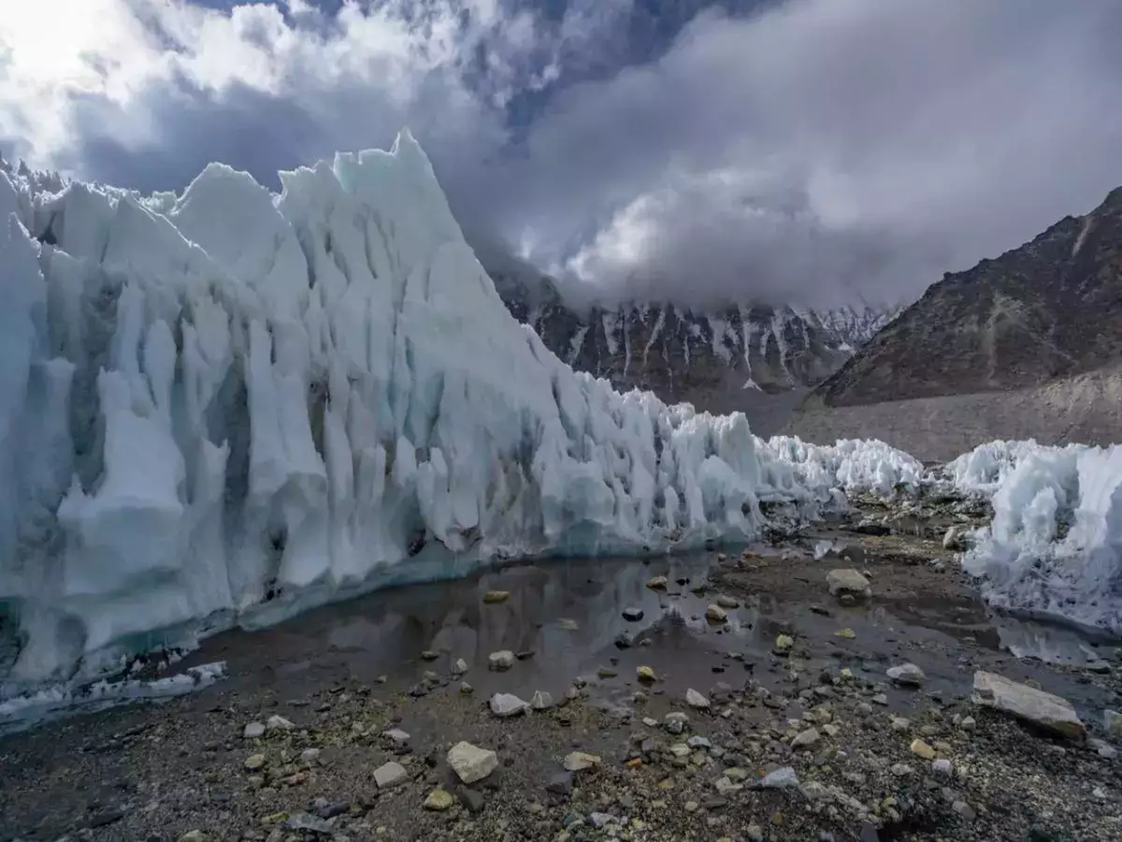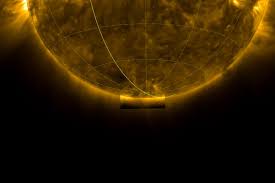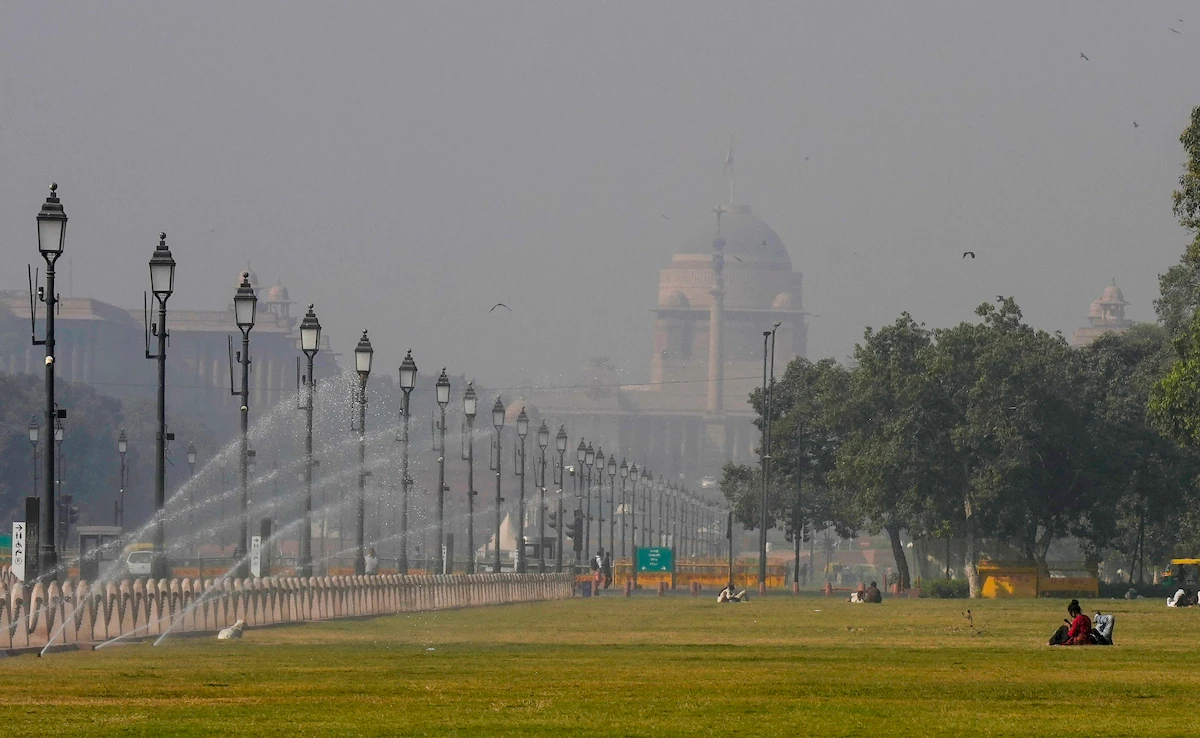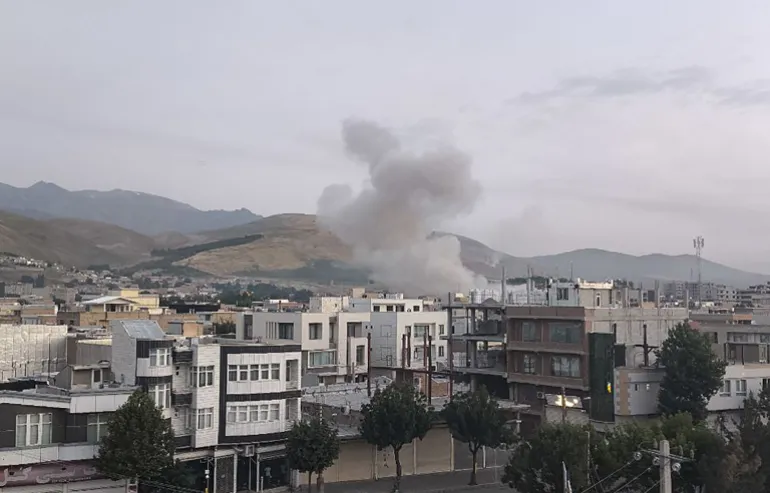- Courses
- GS Full Course 1 Year
- GS Full Course 2 Year
- GS Full Course 3 Year
- GS Full Course Till Selection
- Answer Alpha: Mains 2025 Mentorship
- MEP (Mains Enrichment Programme) Data, Facts
- Essay Target – 150+ Marks
- Online Program
- GS Recorded Course
- Polity
- Geography
- Economy
- Ancient, Medieval and Art & Culture AMAC
- Modern India, Post Independence & World History
- Environment
- Governance
- Science & Technology
- International Relations and Internal Security
- Disaster Management
- Ethics
- Current Affairs
- Indian Society and Social Issue
- NCERT- Science and Technology
- NCERT - Geography
- NCERT - Ancient History
- NCERT- World History
- CSAT
- 5 LAYERED ARJUNA Mentorship
- Public Administration Optional
- ABOUT US
- OUR TOPPERS
- TEST SERIES
- FREE STUDY MATERIAL
- VIDEOS
- CONTACT US
Venezuela Becomes the first Nation to lose all of its Glaciers
Venezuela Becomes the first Nation to lose all of its Glaciers

Venezuela is thought to be the 1st nation in modern times to have completely lost all of its glaciers.
Background:
If you think climate change is a problem of the future, think again. Venezuela, for example, has become possibly the first country in modern history to lose all of its glaciers – it certainly won't be the last. It comes after scientists earlier this month reclassified Humboldt Glacier, Venezuela's last remaining glacier, as an ice field.
- Venezuela used to be home to 6 glaciers, located at about 5,000 metres above sea level in the Andes mountains.
- By 2011, 5 of them had vanished.
- Scientists expected the Humboldt glacier to last another decade.
- But it melted at a faster rate than expected, and has shrunk to an area of less than 2 hectares, leading to its downgrade from a glacier to an ice field.
About Venezuela:
- Situated on the northern coast of South America, this country spans a total area of 916,445 sq km.
- To the north, it is bounded by the Caribbean Sea and the Atlantic Ocean, while on the east, south, and southwest, it shares borders with Guyana, Brazil, and Colombia, respectively.
- The capital city of Venezuela is Caracas.
- Venezuela encompasses the northern Andes Mountains and interior highlands, a significant portion of the Orinoco River Basin with its extensive Llanos (plains), Lake Maracaibo, the largest lake in South America, and Angel Falls, the highest waterfall in the world.
- Major Rivers:
- Rio Negro (shared with Colombia and Brazil): 2,250 km. It is a major tributary of the Amazon River.
- Orinoco (shared with Colombia): 2,101 km. It is the third-longest river in South America, after the Parana and the Amazon.
- Venezuela governs numerous Caribbean islands and archipelagos, including Margarita Island, La Blanquilla, La Tortuga, Los Roques, and Los Monjes.
- Since the early 19th century, Venezuela has laid claim to Guyanese territory, totaling roughly 53,000 square miles (137,000 square kilometers), which comprises almost two-thirds of Guyana's land area, west of the Essequibo River.
- Natural Resources: Venezuela possesses the world's largest oil reserves and substantial quantities of coal, iron ore, bauxite, and gold.
- Languages: Spanish (official) 98.2%, indigenous languages 1.3%, Portuguese 0.1%, others 0.4% (2023 est.)
- Currency: Venezuelan bolívar
Conclusion:
The loss of Venezuelan glaciers emphasises the urgent need for global action against climate change. As temperatures continue to rise, glaciers around the world are facing a similar fate, causing devastating impacts on the ecosystems and communities dependent on their freshwater reserves.



